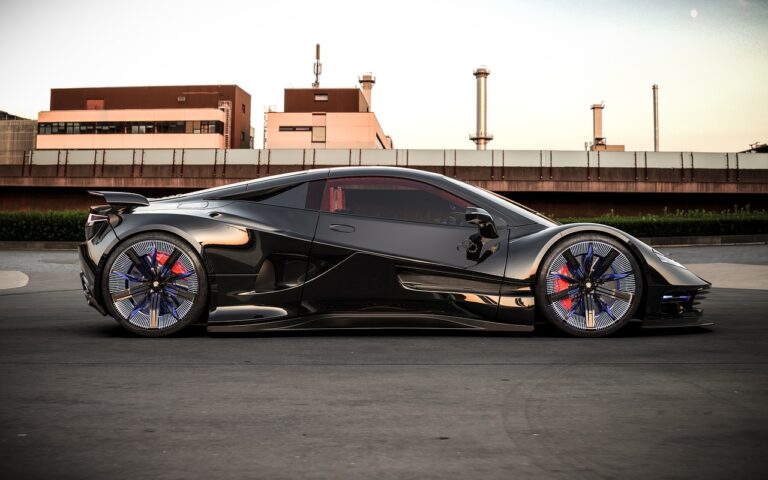The Impact of Electric Vehicles on the Auto Industry
Traditional automakers are grappling with the rising competition from newer, tech-savvy companies that are disrupting the automotive industry. The shift towards electric vehicles and autonomous driving technology has forced these established automakers to quickly adapt or risk falling behind in the race for innovation. Additionally, the pressure to meet stricter emissions regulations and consumer demand for sustainable driving options presents a significant challenge for traditional automakers who have long relied on internal combustion engines.
Another major hurdle for traditional automakers is the need to invest heavily in research and development to keep up with rapidly evolving technology. This includes developing electric vehicle platforms, batteries, and integrating cutting-edge software for connectivity and autonomous features. The substantial investments required for these advancements can strain the financial resources of traditional automakers, especially during times of economic uncertainty and market volatility. As a result, finding the right balance between investing in future technologies while maintaining profitability and market share remains a complex challenge for these legacy automakers.
Growing popularity of electric vehicles
Electric vehicles (EVs) have been gaining momentum in recent years as more consumers become environmentally conscious and aware of the benefits of sustainable transportation options. The advancement in EV technology has also played a vital role in the surge of their popularity, with improved battery life, faster charging times, and enhanced driving range making them a more feasible choice for everyday use.
Additionally, the increasing availability of charging infrastructure across the globe has alleviated range anxiety for many potential EV buyers. Governments and businesses are also offering incentives and subsidies to encourage the adoption of electric vehicles, further fueling their growing popularity among consumers looking to reduce their carbon footprint and contribute to a cleaner, greener future.
Shift towards renewable energy sources
Renewable energy sources have been gaining significant traction in recent years as the world strives to reduce carbon emissions and combat climate change. With advancements in technology and increasing awareness about the importance of sustainability, the shift towards renewable energy is becoming more pronounced across various industries.
From solar and wind power to hydropower and geothermal energy, businesses and individuals are increasingly turning to cleaner sources of energy to meet their power needs. The benefits of renewable energy, such as lower greenhouse gas emissions and reduced dependency on finite resources, are driving this transition towards a more sustainable future.
What are some challenges faced by traditional automakers in shifting towards renewable energy sources?
Some challenges include high initial costs of transitioning production to electric vehicles, limited infrastructure for charging stations, and concerns about battery technology and range.
Why are electric vehicles becoming more popular among consumers?
Electric vehicles are gaining popularity due to their environmental benefits, lower operating costs, and advancements in battery technology that have improved their range and performance.
How is the automotive industry shifting towards renewable energy sources?
Automakers are increasing their investments in electric vehicle production, developing partnerships with renewable energy companies, and setting goals to reduce their carbon emissions and reliance on fossil fuels.







